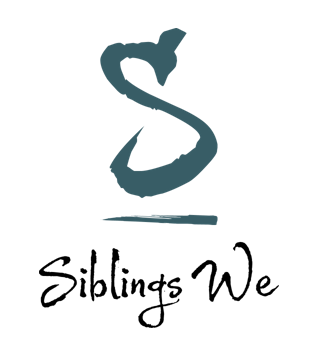
Myra here.

Annie John [Amazon | Book Depository]
Written by Jamaica Kincaid Published by Farrar, Straus & Giroux (1997, first published 1985) ISBN: 0374525102 (ISBN13: 9780374525101) Literary Award: Los Angeles Times Book Prize Nominee for Fiction (1985) Bought a copy of the book. Book photos taken by me.
This is the fifth book that I am reviewing / featuring as part of our #DecolonizeBookshelves2022 reading theme from my target list of 25 books (for this year) from This Is The Canon: Decolonize Your Bookshelf In 50 Books (Amazon | Book Depository) – and the fourth novel written by a female author.
My book log indicates that I started reading the book on March 30 and finished it the next day (March 31) – the novel that I binge-read during Spring Break.

If I were to reflect on what made this novel stand out for me, apart from it being distinctly a Caribbean childhood and growing up in a small town where everybody knew everybody else’s business – it was also the universality of what it’s like to both love and hate your mother at the same time while navigating the growing pains of adolescence with all its secret desires, its forbidden friendships, clandestine discoveries about one’s body, and the yearning to be apart from one’s family, all the while craving for that need to belong to another.
There were resonances of a post-colonial world that was neither centralized nor magnified in the narrative – they were simply a part of a sharp-eyed teenager’s observations of the way her world worked:
Ruth had come all the way from England. Perhaps she did not want to be in the West Indies at all. Perhaps she wanted to be in England, where no one would remind her constantly of the terrible things her ancestors had done; perhaps she had felt even worse when her father was a missionary in Africa. I could see how Ruth felt from looking at her face. Her ancestors had been the masters, while ours had been the slaves. She had such a lot to be ashamed of, and by being with us every day she was always being reminded. We could look everybody in the eye, for our ancestors had done nothing wrong except just sit somewhere, defenseless. (p. 76)
The childlike candor, the matter-of-fact nature of this reflection is just one illustration of Jamaica Kincaid’s clarity of thought spoken through a precocious child’s gaze.
There were also the subtle interactions between males and females and the secondary role played by the latter, even in seemingly-innocuous childhood games that effectively depicted colonization and sexism, but rendered with such a light-feathered touch, it will go unnoticed if you weren’t paying attention:
Of course, in all the games we played I was always given the lesser part. If we played knight and dragon, I was the dragon; if we played discovering Africa, he discovered Africa; he was also the leader of the savage tribes that tried to get in the way of the discovery, and I played his servant, and not a very bright servant at that; if we played prodigal son, he was the prodigal son and the prodigal son’s father and the jealous brother, while I played a person who fetched things. (p. 96)
Yet, the essence of the story is Annie John’s entangled, multi-layered, incredibly-complex relationship with her mother whom she worshipped and resented, adored and rejected at the same time. It has made me even more excited to read her other novel that is already waiting in my TBR stack to be read:

The Autobiography Of My Mother by Jamaica Kincaid (Amazon | Book Depository).
How about you? Do you have a favorite Jamaica Kincaid novel?

#DecolonizeBookshelves2022 Update: 33 out of target 100
April 7, 2022 at 06:30AM Myra Garces-Bacsal



